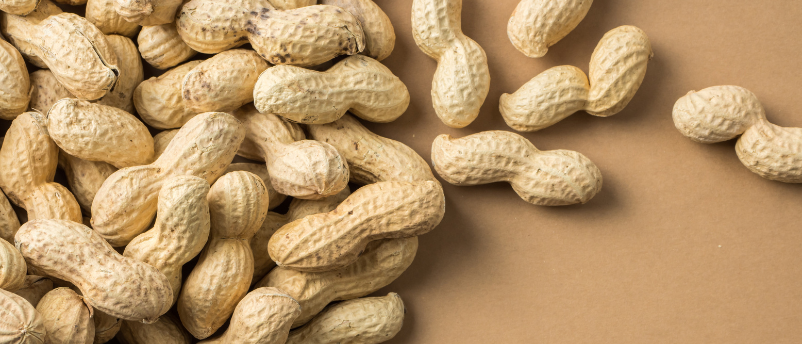
BioTechniques News
Annie Coulson

An allergen inhibitor has halted and prevented an allergic reaction in a mouse with human immune cells.
Researchers at the University of Notre Dame (IN, USA) have devised an allergen inhibitor that masks peanut allergens from the immune system and is able to put a stop to potentially lethal allergic reactions in mice. This could be the first step in successfully developing effective therapies for those suffering from allergies.
Around 1.1% of the total population suffers from peanut allergies. However, currently the only treatment available for those unable to consume peanuts is a strict diet of avoidance and even then, they are still highly exposed to the chance of accidentally consuming them.
In this study, the research group devised a unique method of creating an inhibitor that would put a stop to the reaction before it even has a chance to begin. When peanut allergens enter the body of an allergic person, the allergens interact with IgE antibodies, which results in inflammatory measures such as releasing histamine to fight against invading pathogens. However, as Başar Bilgiçer co-author of the study explained, the reality is that “in the case of peanut allergy, there is no pathogen, just peanut proteins.”
 Researchers dissscover broadly neutralizing antibody against snake neurotoxins
Researchers dissscover broadly neutralizing antibody against snake neurotoxins
Researchers have found a new human monoclonal antibody that can neutralize snake neurotoxins across species and geographies.
To get around this, the research group had to create an inhibitor that was able to successfully mask the immune system’s ability to identify the peanut allergen and allow it to enter the body without detection. They used a covalent heterobivalent inhibitor specific to Ara h 2 peanut allergen, which binds to Ara h 2-specific IgE. This prevents Ara h 2 allergens binding to IgE, and therefore prevents the immune response.
The scientists discovered that a single dose of the inhibitor was able to provide protection to the allergic mouse for over 2 weeks and when given directly after the beginning of a reaction it was able to effectively stop it in its tracks.
The success of these experiments means that the allergen inhibitor will now advance into preclinical trials, which could result in the release of the first ever therapeutic treatment for peanut allergens.
The inhibitor was created specifically for peanut allergens because it is the most common food allergy, which is particularly frequent in children; however, the results from this study could be the beginning of treatment for all allergies.
“What we’ve developed is a platform technology,” Bilgiçer explained. “The same design and engineering principles used in this paper can be applied in developing inhibitors to treat a range of other allergies such as shellfish and penicillin.”
The post Novel allergen inhibitor successfully prevents peanut reaction in mice appeared first on BioTechniques.
Full BioTechniques Article here
Powered by WPeMatico
